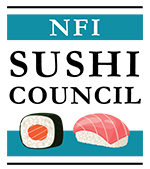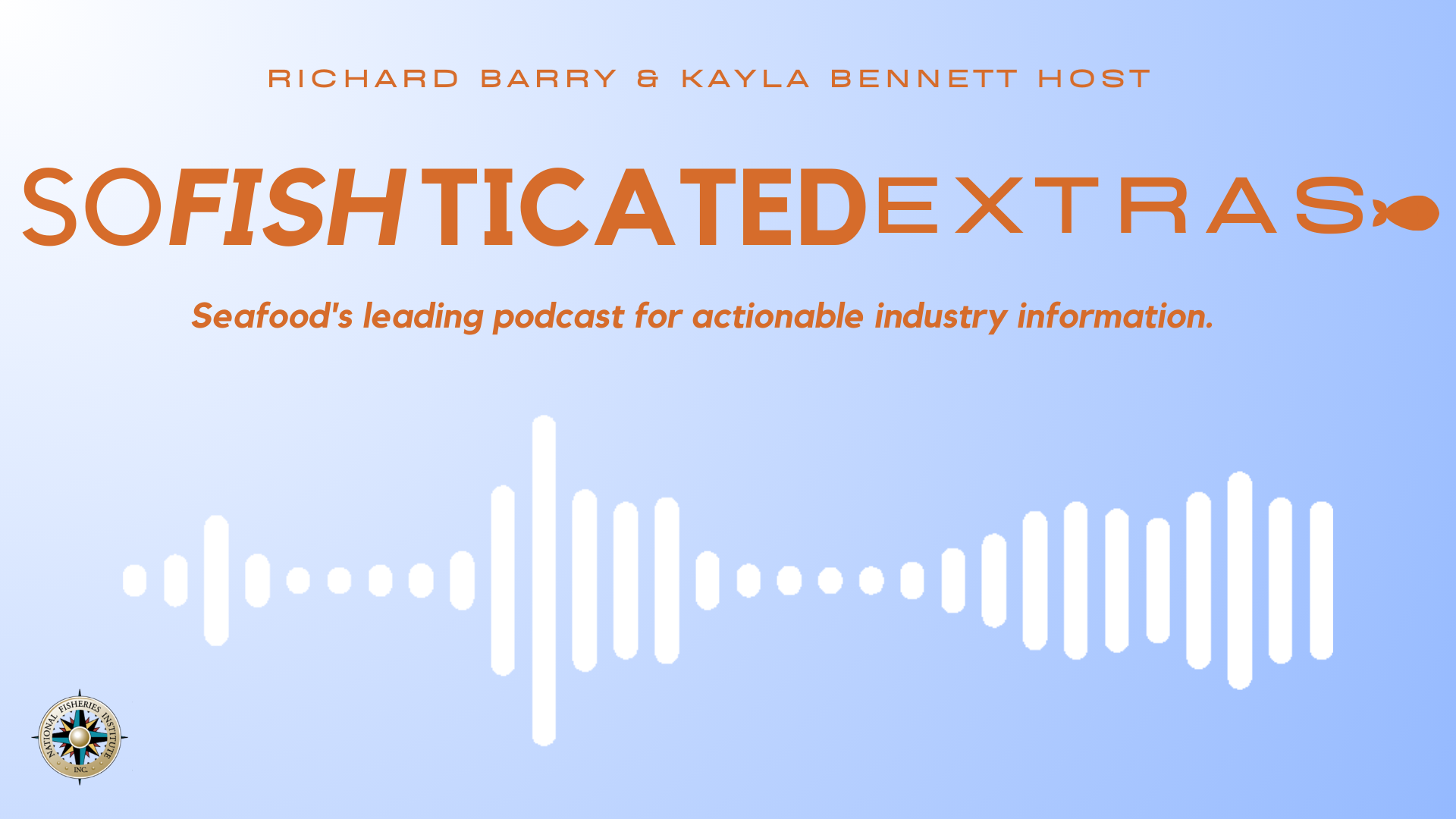Consumer Reports’ Contradications
If you’re a Consumer Reports reader, you’re hearing this week that shrimp is a superfood – high in protein, low in fat and calories, and a great source of vitamins and valuable minerals. Ahh, yes, and maybe soon Consumer Reports will “reveal” that drinking water is good for you, or that Barack Obama won his second term as President.
Doctors and dietitians have been recommending shrimp as part of a healthy diet for years, while Consumer Reports has confused consumers with contradictory and sensational reports about the shellfish.
In fact, Consumer Reports illustrates how marginalized its reporting is by beginning the new shrimp report with, “If you read our recent investigation, ‘How Safe is Your Shrimp?’ you might be inclined to avoid these crustaceans altogether.” It’s embarrassing that the organization admits it scared readers away from the very food it’s now urging them to eat. But, hey, that’s Consumer Reports – the gold standard of journalism.
In April the organization is warning consumers of all the “downsides” of shrimp, admittedly scaring them away from the food altogether. And in August, it’s highlighting all the nutritional benefits of shrimp, even providing a recipe from the CR test kitchen’s in-house chef Claudia Gallo that is “colorful and healthy.”
This time, Consumer Reports got it right, but we wouldn’t be surprised to see another inaccurate scare-story about this very subject in a few months’ time. It’s simple: Consumer Reports can’t be trusted, especially when it comes to important nutrition information.



